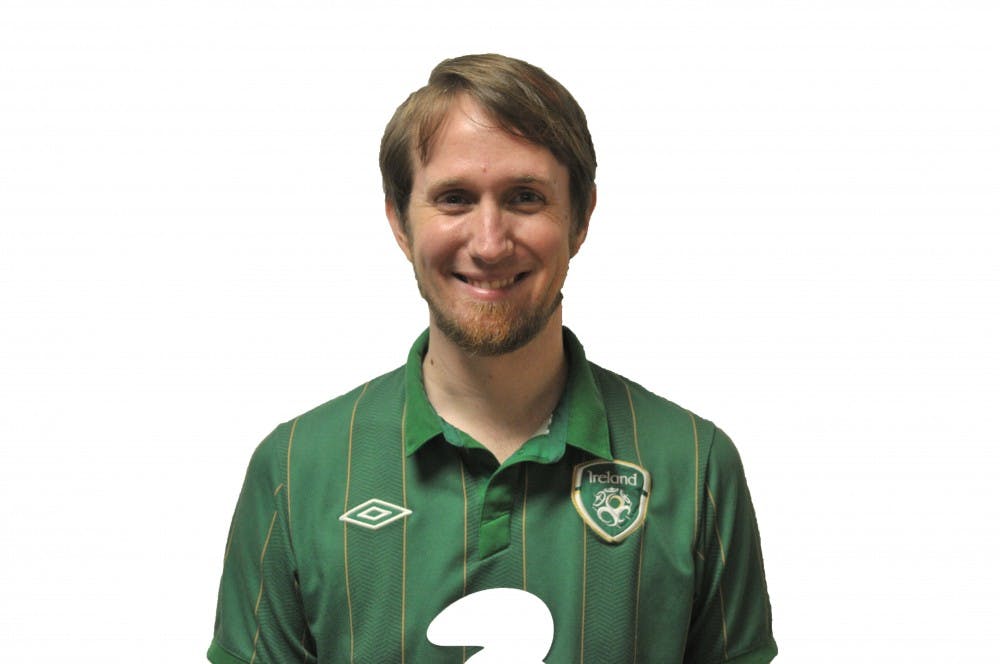How many times now have we heard this debate: Should students pursue a degree in liberal arts or STEM?
The rhetoric coming from both sides has started to sound much like the debates between Wharton and the College or the political debates between Republicans and Democrats. Each side will present its facts, then the other party will accuse them of “cherry picking” data and release their own findings, which of course show them in a more favorable light. Here’s the truth of the debate: Both sides are wrong, and both sides are right. Most arguments center around the job market. However, the problem with looking at just the workforce is that it fails to acknowledge one thing — for the most part, a liberal arts major can work in a STEM field and vice versa.
Some jobs do require specific degrees, yet many employers don’t care about the type of degree a candidate has. Instead they look at the level of degree and whether the candidate has the skills and knowledge to perform the job required. The fallacy with debating the two sides is that they are part of a whole. Having worked in the food service industry for 13 years, this is much like asking if the front of house or back of house is more important to the running of a restaurant. Without the front of house staff to serve the guests there would be no orders for the kitchen staff to cook or anyone to clear the tables. At the same time, without a back of the house there would not be anyone to make the food. However, it is entirely possible for someone to work both positions — they are not mutually exclusive.
The same applies to academia. Both liberal arts and STEM are required for an education. A student should have the creative thinking and communication skills required of a liberal arts major, as well as the critical thinking and technical knowledge of a STEM major. We need to stop looking at them as being separate qualities. This is part of the reason we have the sectors of knowledge and foundational approaches in our required curricula. If we embrace this “wholeness” philosophy rather than one of opposing forces, we can concentrate on something much more important. Individuals have their own personal talents, whether it be composing a literary work, playing an instrument, solving a mathematical equation or building a structure. While a well-rounded individual can perform any task, they will excel in those in which they are talented .
An individual with a talent for writing has the ability to work in a molecular biology lab. However, he will most likely never progress as far as if he had instead chosen a path in journalism. Even if he does, the path will be longer and more difficult. The same applies to a gifted chemist who chooses to pursue a musical career. While it is within the realm of possibility for her to become a first chair violinist in an orchestra, she will progress further faster in a chemistry-related field. By starting with a broad knowledge base we are able to identify what our talents are. By identifying our talents we are able to pursue careers that works symbiotically with those talents. By pursuing those careers we are able to reach levels of success that better our lives and those of future generations. I think part of the problem is that we don’t do a good enough job encouraging this broad base of knowledge earlier in the education system.
Students need to be encouraged not to be afraid of math when they are more inclined towards art and likewise for an engineering student with literature. Primary school students should be just as qualified generalists as university students at their respective levels. So let us forget this whole liberal arts versus STEM debate as a distraction from core issues. Instead, let’s focus on having a knowledge base which allows us to adapt easily to challenges in a constantly changing world. Let’s do as Polonius said in Shakespeare’s Hamlet: “This above all – to thine own self be true.”
Shawn Kelley is a College junior studying English. His email address is skelley@sas.upenn.edu. "A Vet-ted Mind" appears every other Thursday.



